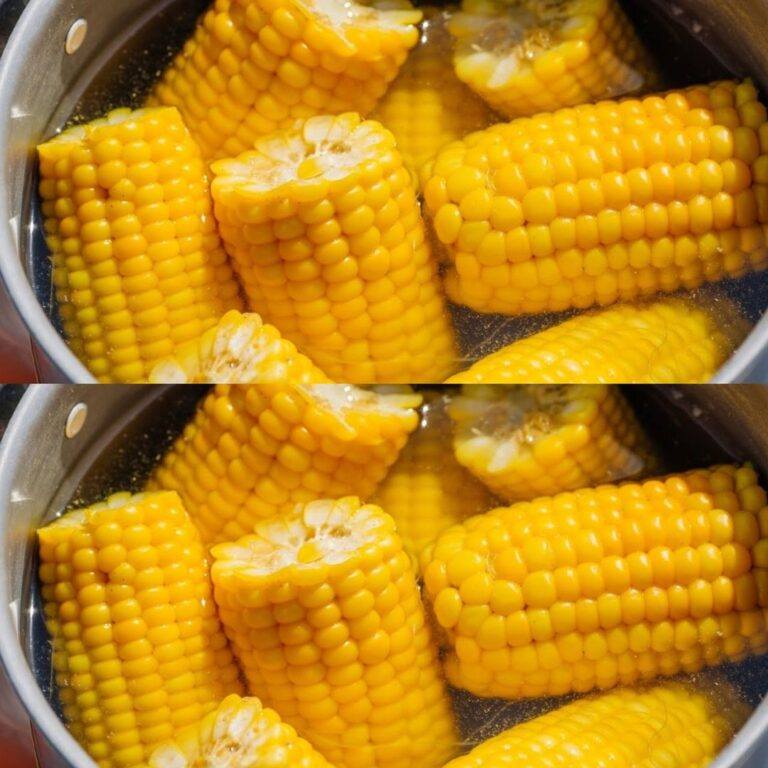ADVERTISEMENT
Corn on the cob is a staple at many barbecues and family dinners and is often boiled for convenience. But there are compelling reasons to rethink this common cooking method. Here's why you should avoid boiling corn on the cob and try alternative methods that can improve flavor, texture and nutritional value.
Nutrient Loss
Boiling corn can result in significant nutrient loss. Water-soluble nutrients, particularly B vitamins and certain minerals, can leach into the cooking water. If you discard the water, many of these beneficial nutrients are also lost. Methods such as steaming or grilling, on the other hand, better preserve the corn's vitamins and minerals.
Texture and Flavor
Boiling can also affect the texture and flavor of corn. It often results in a softer, sometimes mushy texture that might not be to everyone's taste. Additionally, some of the corn's natural sweetness evaporates in the cooking water, resulting in a less flavorful eating experience. Alternative cooking methods like grilling or roasting can caramelize the natural sugars in corn, enhancing its sweetness and adding a delightfully smoky flavor.
For full cooking steps, see the next page or use the Open button and don't forget to SHARE it with your Facebook friends.
ADVERTISEMENT
